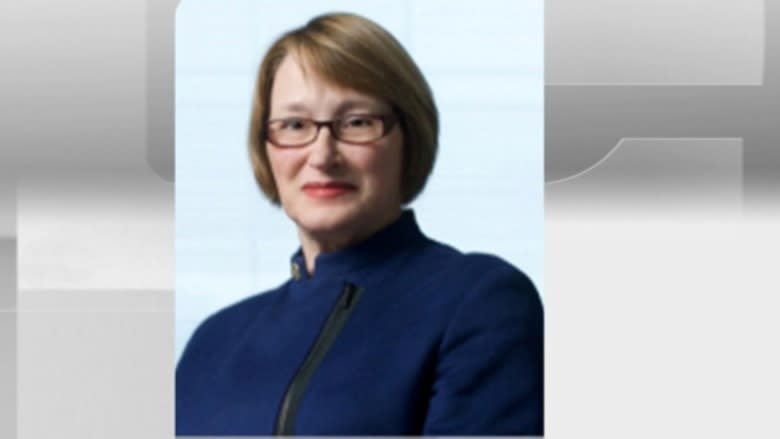McGill rejects 'unfounded rumours' regarding academic freedom after Andrew Potter's resignation

McGill University is addressing what it calls "unfounded rumours and concerns regarding academic freedom" following Andrew Potter's resignation from his post as director of the Institute for the Study of Canada.
"I want to assure members of the McGill community that academic freedom is a foundational principle of McGill University," principal Suzanne Fortier said late Thursday in an open letter to the university community.
Potter stepped down as director on Thursday after coming under criticism for a column in Maclean's linking a traffic jam on a Montreal highway during last week's snowstorm to a broader "social malaise." He will continue to teach at the school.
In an apology issued earlier this week, Potter himself acknowledged he "went too far" in the piece.
Fellow academics raised concern he may have been pressured to leave his post, and argued his departure could discourage others from engaging in public debate.
- AS IT HAPPENS | McGill 'blatantly failed' to protect Potter's academic freedom, prof says
"Certainly, it will create a chill at McGill among faculty members, graduate students engaged in research who come to conclusions that might be controversial," said Michael Byers, who holds the Canada Research Chair in global politics and international law at the University of British Columbia.
"It's not just about McGill. It's about the entire country, because McGill is an institution of great leadership in Canada."
In an article about his resignation, Maclean's reported that "numerous high-profile figures" contacted the university to express their personal displeasure with the column.
The prime minister's office and the Couillard government both denied putting any pressure on McGill. Gerald Butts, a senior political adviser to Justin Trudeau, took to Twitter to dispel the suggestion of any involvement from his office.
Byers believes McGill should have done more to defend the freedom of expression of one of its faculty members.
"You don't have to agree with his views to know that as an academic he has freedom of academic expression," he said.
Maclean's has, for its part, stood by Potter's column.
"While his opinion piece was controversial, it was legitimate commentary expressing a well-argued point of view. We stand behind both him and his writing," editor-in-chief Alison Uncles said in a statement.
Place of Quebec in Canada 'very sensitive'
McGill found itself in an uncomfortable situation after Potter's column provoked the wrath of Quebec's political class, with Premier Philippe Couillard suggesting the piece was "based on prejudices."
The university made a point of distancing itself from the controversy, saying on Twitter earlier this week that the views expressed in the column "do not represent those of McGill."
On Thursday, some McGill faculty members said the university made the right decision.
François Gauthier, a lecturer in the history department, said that although he respected Potter, "we cannot really say this is a product of great scholarship."
"I think it was good for the university to take their distance, and of course it deals with the very sensitive issue of the place of Quebec in Canada."
Taking risks in the public arena
The Institute for the Study of Canada was established through a partnership between the Bronfmans, a wealthy Montreal family, and the university in 1994.
Overseen by its own board of trustees, it regularly holds conferences and talks, and aims to "identify and explore the benefits that a pluralistic society offers and to support the study of Canada across the country and internationally."
Last month, Potter organized a well-attended conference on Canadian multiculturalism and the "anti-immigrant backlash."
Peter Loewen, director of the School of Public Policy and Governance at the University of Toronto, said Potter, an author, political philosopher and former editor of the Ottawa Citizen, was well suited to lead the institute.
"I happen to believe what that institute needed was someone who was willing to take risks," said Loewen, who considers Potter a friend.
Like Byers, he argued McGill should have done more to defend Potter, even if the column itself was "sloppy."
"It's worrying because academics should be crossing into the public arena."


